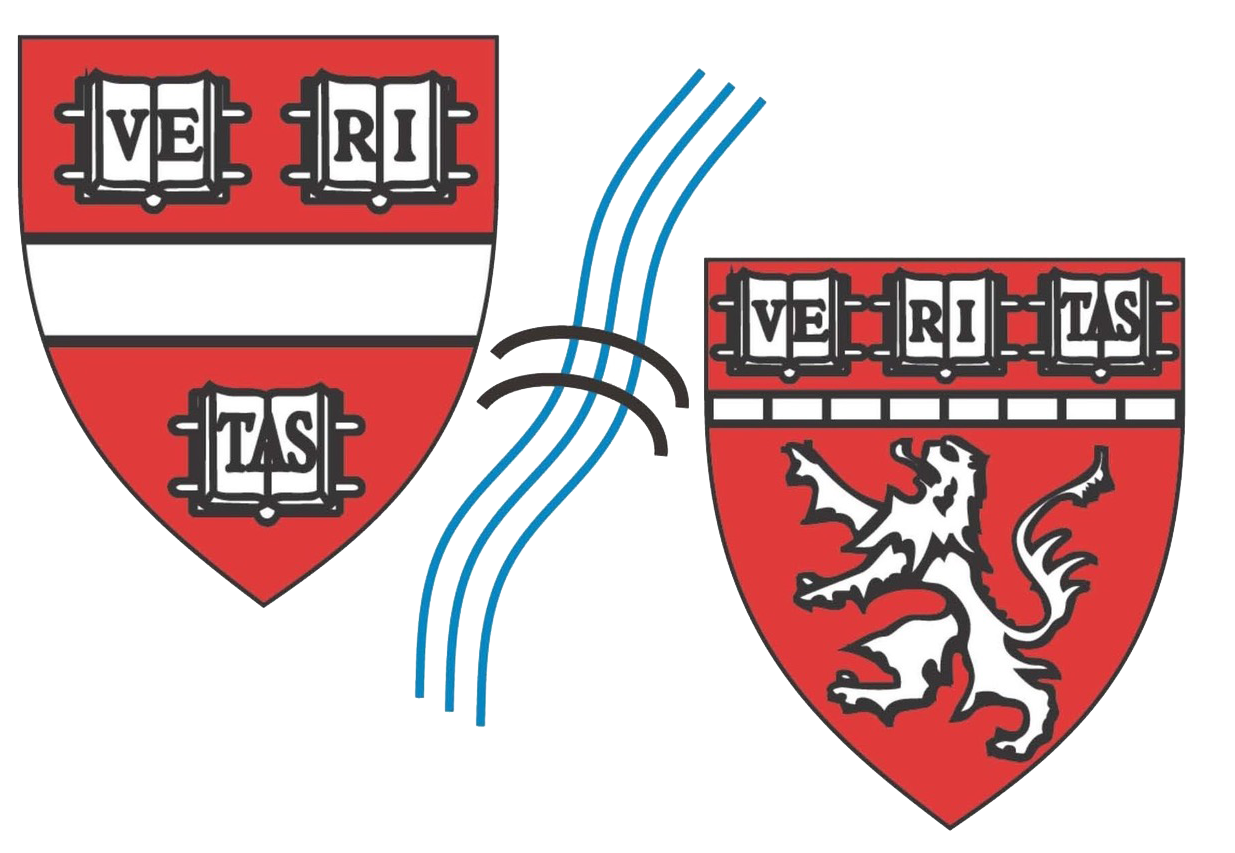Amir Bitran
2023 PhD Graduate in Biophysics

I am broadly interested in how biological molecules self-assemble into structures or complexes that allow them to perform their diverse and crucial functions. Most recently, in Eugene Shakhnovich's lab, I have been studying protein folding in vivo. Proteins resemble cars and other machines in that their "parts", or amino acids must be arranged correctly in order to function. Just as a random pile of car parts cannot be driven, proteins that have not "folded" or arranged themselves correctly are dysfunctional and often implicated in diseases such as Alzheimer's, amyloidosis, cystic fibrosis, among many others.
I am testing the possibility that protein folding in cells may be modulated by a peculiar feature of the genetic code: most amino acids are genetically encoded by multiple "synonymous" codons. Although synonymous mutations--those that replace one synonymous codon for another-- were once believed to be silent, a growing body of work suggests such mutations may affect multiple processes, including co-translational protein folding (folding occurring during ribosomal synthesis). Effects on folding are hypothesized to occur because certain "optimal" codons are read by the ribosome more efficiently than their synonymous counterparts--"rare codons". Thus, synonymous mutations may alter the speed of protein synthesis, which can affect folding. Previous experimental and theoretical work has demonstrated that such substitutions cause proteins to misfold in vivo and lose their functionality, potentially contributing to disease.
I aim to elucidate the general biophysical principles that explain under what conditions different synonymous codons benefit co-translational folding. To accomplish this, I am using a combination of advanced computational simulations, and in vivo experiments. This work will advance the possibility that codon choice may be evolutionarily tuned to promote proper protein folding in the cell. The research may also inform development of disease therapies and self-assembling nanotechnologies.
Contact Information
Laboratory of Dr. Eugene Shakhnovich
Department of Chemistry and Chemcial Biology
12 Oxford Street, Cambridge, MA 02138
Department of Chemistry and Chemcial Biology
12 Oxford Street, Cambridge, MA 02138
